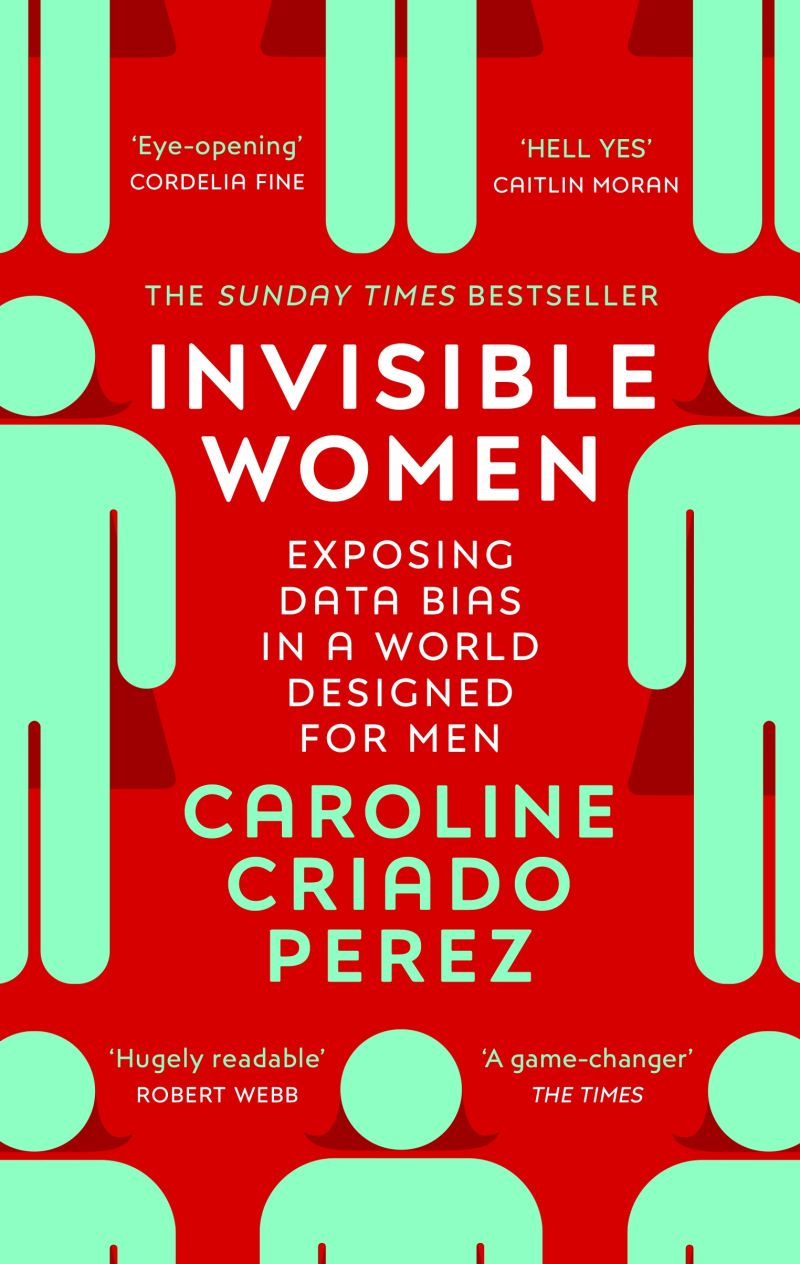Invisible Women by Caroline Criado Perez
Let's get straight to the point. "Invisible Women" may seem targeted towards a predominantly female audience, but it is relevant for everyone. It is important that men read this book too!
We discussed this in our hashtag#NotAnotherBookClub discussion earlier this week. 📚
This book explores the many ways in which women face disadvantages across many aspects of life, from employment and education to healthcare and technology. It sheds light on the "gender data gap," highlighting the lack of information and awareness that is so frequently behind these disparities.
I won’t lie to you—I found the book uncomfortable. While I was familiar with some themes, there were others that I found I was shockingly ignorant or even naïve about. The sheer breadth and quantity of examples were a bit overwhelming; society seems much less fair towards women than I had previously believed. 🤔
Of course, the book isn't flawless (which book is?). I found it repetitive at times, and wanted to disagree with some of its analysis. But that’s not the point. It sparks some much needed conversations. And while many of the issues disproportionately affect women, they are really about building a more just and better functioning society, which would benefit us all.
But what about other pressing societal issues? Conflicts, poverty, and other forms of discrimination? Well, it is women who are often disproportionately affected by these issues too. So far from these issues being in competition with each other, bringing the gender perspective from Invisible Women to any of these other challenges is likely to help see them even more clearly.
The scale of the challenge laid out by Invisible Women is daunting - it will likely require sustained effort on many fronts to create long-term change at the level of policy and governance. But as with so many things, awareness and visibility are likely to lead to broader change, and there are practical steps that we can take in our daily lives, such as noticing whether women are represented in discussions (if not, ask the question), and getting curious about how the same situation may be experienced differently by men and women (hint: ask). 👁️🗨️
Up to now, I have had little idea of what I could do that would be helpful and not patronising or counterproductive. I now feel more confident in the actions that I can take, however small, that will actually contribute to change. And I hope that I will have company 😁
Review:
- https://www.theguardian.com/books/2019/mar/11/invisible-women-exposing-data-bias-by-caroline-criado-perez-review
Podcast with the author:
-
Video
-


